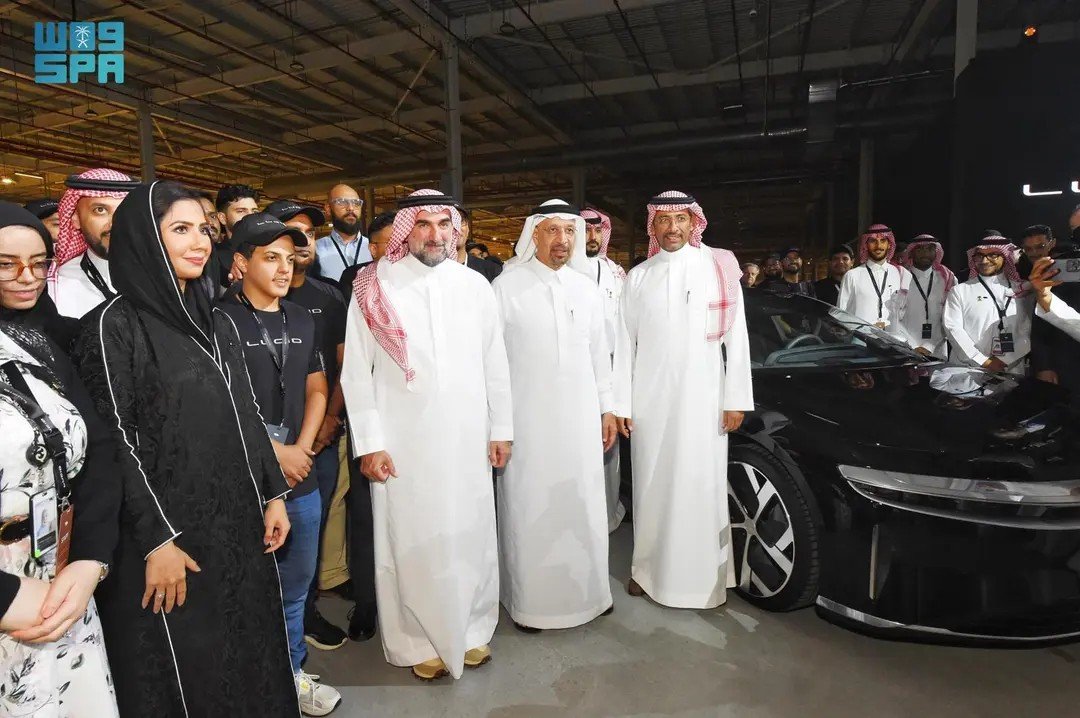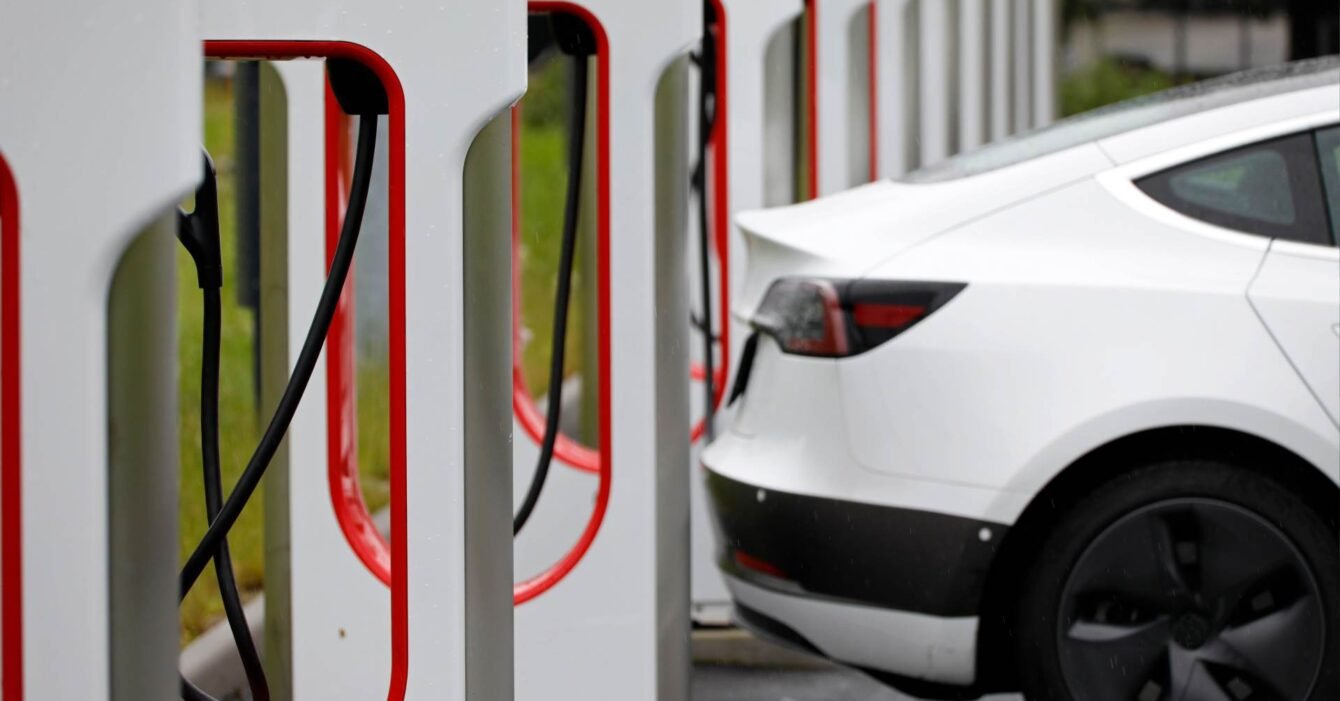Electric Vehicle Adoption in Saudi Arabia’s Mobility Sector
Saudi Arabia, a nation renowned for its vast oil reserves and opulent lifestyle, is embarking on a transformative journey towards electric vehicle (EV) adoption. As the world gravitates towards sustainable solutions, Saudi Arabia is making significant strides to embrace electric mobility and reduce its carbon footprint. This article delves into the growing trend of electric vehicle adoption in Saudi Arabia in 2025 and the government’s initiatives to support this transition.
The Advent of Electric Vehicles in the Kingdom
The entry of Tesla into the Saudi Arabian market in 2025 signals a pivotal shift towards electric mobility. Tesla plans to launch sales through pop-up stores, set up a showroom and service center, and establish a supercharger network accessible to other EV brands. This move is expected to reshape the market, characterized by some of the world’s cheapest fuel prices, and boost interest in electric mobility among Saudi consumers. The government’s backing and the introduction of high-end EV models are set to position Saudi Arabia as a significant player in the electric mobility sector.
Government Initiatives and Goals
Recognizing the environmental and economic benefits of electric vehicles, the Saudi government has set ambitious goals to accelerate EV adoption. The government aims for 30 percent of vehicles in Riyadh, the kingdom’s most congested city, to be electric by 2030. This initiative is part of a broader effort to cut urban emissions by 50 percent, aligning with Saudi Arabia’s Vision 2030 plan to diversify its economy and promote sustainability.
While EV penetration is currently low at just over 1 percent of overall car sales, the government is actively working to change this. Efforts include investing in charging infrastructure and nurturing homegrown EV industries. Currently, the kingdom has only 104 charging stations, but there are plans to expand this network significantly. The introduction of a comprehensive supercharger network by Tesla and other players in 2025 will be critical in supporting the transition.
Rising Consumer Interest
Interest in EVs is growing rapidly among Saudi consumers. According to PwC, more than 40 percent of Saudi consumers are considering purchasing an EV in the next three years. This burgeoning interest is partly fueled by the increasing availability of luxury EV models, which align with the kingdom’s high appetite for luxury vehicles. The rise of awareness campaigns and incentives offered by the government are also playing a significant role in driving consumer interest and adoption.
Local and International Players

The Gulf’s EV market is heating up, with both local and international players vying for a share. Lucid Group, in which the Public Investment Fund holds a 60 percent stake, delivered over 10,000 vehicles in 2024, surpassing expectations. Other companies, such as US-based Rivian and the joint venture Ceer, are also making significant strides in the market. Ineos Automotive, with its Fusilier electric vehicle, and Shanghai-based Nio are examples of international brands eyeing the Middle Eastern market, particularly Saudi Arabia, due to its growing interest and investment in electric mobility.
Challenges and Future Prospects
Despite the positive outlook, challenges remain. The limited charging infrastructure and the relatively low penetration of EV models pose significant hurdles. However, the government’s commitment to expanding charging networks and fostering local EV production provides hope for the future.
As Saudi Arabia continues to push towards electric vehicle adoption in 2025 and beyond, the kingdom is poised to become a key player in the global electric mobility landscape. The journey may be long, but the destination promises a cleaner, more sustainable future. The success of this transition will not only contribute to reducing urban emissions but also set a precedent for other oil-rich nations to follow suit.
Also Read: Saudi Arabia’s Roadmap to Sustainable EV Infrastructure



